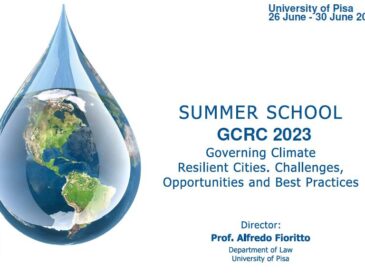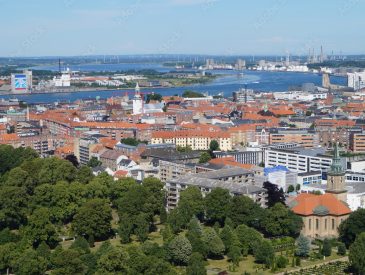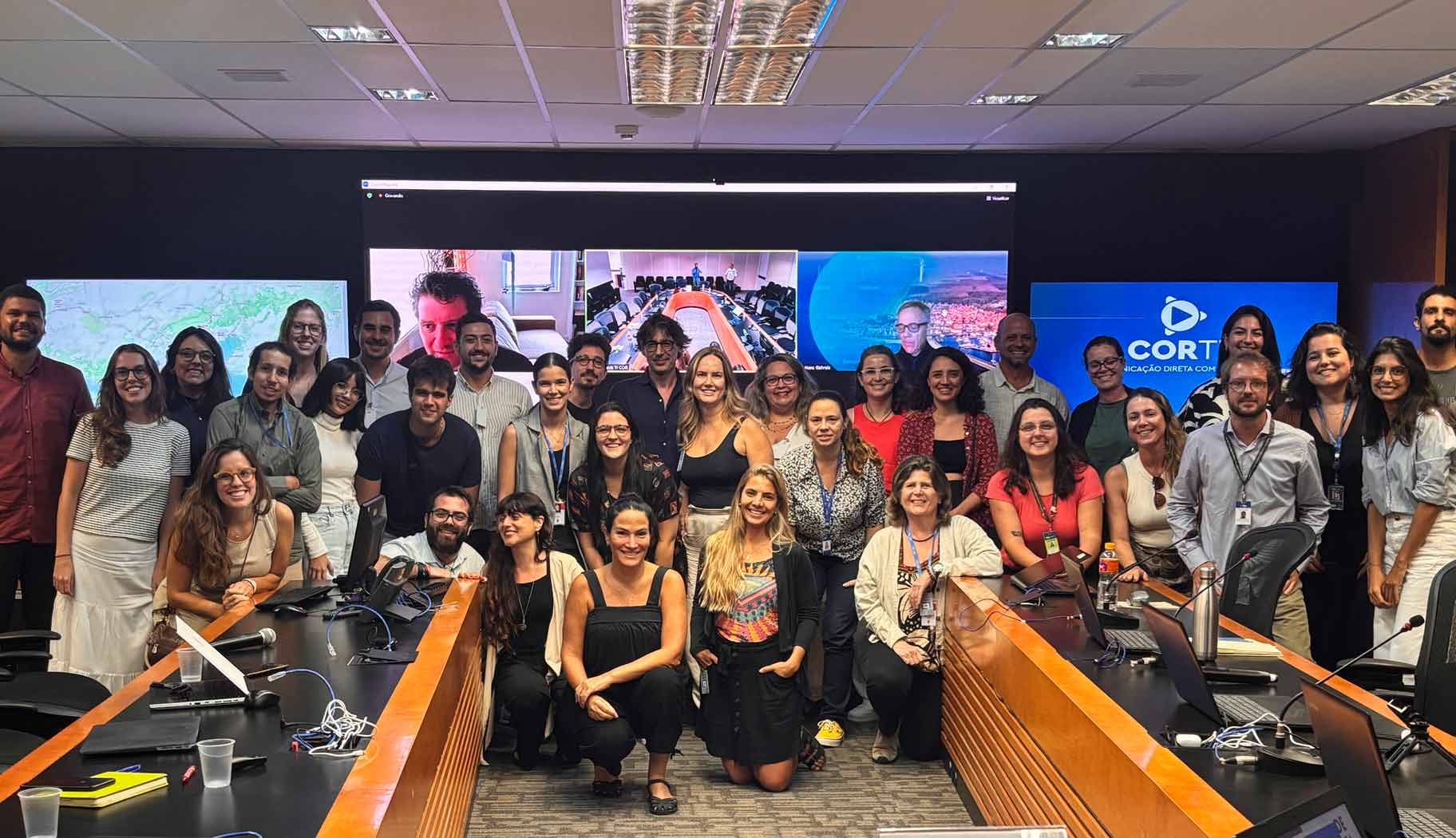The third UDCW will be hosted by the Universitat Internacional de Catalunya (UIC Barcelona) on 18 – 24 March 2023.
Selected students from each of the 9 Higher Education Institutions partner of the project will join the UDCW to develop a multi-disciplinary planning and design-oriented proposal aimed at supporting a “heatwaves-resilient transformation strategy” for the coastal town of Sitges (Southern Barcelona regional metropolipan area). The goal will be to support the city in the design of “heat shelters” sprawled across the city, and also proposing planning and policies schemes to adapt the whole city to the forthcoming summers. The final aim is to work and actually push the city to integrate heat-planning with other shocks and stresses (i.e. flooding, water scarcity) responses, toward a holistic climate resilience agenda.
Topics and working methods
The UDCW will be organized around three complementary and integrated working groups: one working on governance, one strategically thinking at planning and land use management scale and finally one developing small scale design interventions prototypes and interventions.
All the three teams will work with specific tasks, but along a same strategy that needs to be developed and delivered to the city, addressing the short term “heat-shelters” plan (needing to see a network of shelters being in place before next summer), as well as conceiving a multi-hazard risks’ management strategy in the long term, enabling a climate resilient urban transformation.
Working thematic teams:
- Heat Shelters – Definition (which functions, which physical characteristics), distribution (where, how many) and management (who, when, which business model and how to finance them).
- Cooler streets – shadowing streets (with green infrastructures or artificial covers), adapting built-environment (changing colors, materials, un-ceiling soil)
- Livable beaches – thinking the access to, and shadowing, the beaches surrounding spaces, offering services to stay increasing the thermal comfort during summer.
- Integrating risks – Managing water management and how to synergistically integrate wiser decentralized water management so to prevent flooding and drought while planning for a heat-resilient city.
All these topics will be addressed from a technical (scientific data driven, technological and design driven), governance (management, political, financial) and social (enabling co-implementation and participation) perspectives. Such a multidisciplinary framing will be possible through the integration of the HEIs’ UCCRN_edu partners skills:
- Università degli Studi di Napoli Federico II – Italy: climate-resilient urban planning and design assessment methods and design support tools.
- Université Gustave Eiffel – France: urban infrastructure vulnerability and resilience assessment methods and tools.
- Sorbonne Université – France: urban ecology and biodiversity, Nature Based Solutions.
- Aalborg Universitet – Denmark: urban governance and planning.
- University College Dublin – Ireland: urban climate science theoretical principles, assessment methods and simulation tools.
- Universitat Internacional de Catalunya – Spain: urban resilience assessment and co-design approaches.
- Université de Mons – Belgium: smart city planning, Net-Zero Energy district development; resilience and risk management in the urban project.
- Università di Pisa – Italy: environmental justice, policy making and legislation.
- IHE Delft Institute for Water Education – Netherlands: sustainable and resilient urban water management and governance.
Expected Outputs
The UDCW output will be a report to be delivered to the city council, indicating the heat-resilience strategy to develop in the short and long term. The report will include detailed microclimate, socio-ecological analyses (including stakeholder mapping, social vulnerability assessment among others) and both planning and design solutions for implementing in the short term (before summer 2023) heat-shelters, and in the long run planning interventions on streets and the built environment. The report will be followed by videos and policy briefing to be translated in local language.
HOW TO APPLY
Admission requirements
Students must be enrolled in one of UCCRN_edu nine Higher Education Institutions in a 2nd level Master’s degree or higher to participate to the UDCWs. Expected skills include knowledge of the links between architecture, city, climate, environment and society, together with interest and experience in working in multi-disciplinary environments.
Deadlines
Registrations will close on January 20 2023. This will allow students to participate in the preparatory activities of the workshop. Notification of the outcome of the selection will be sent by email to students by 24 January 2023.
Application submission
In order to take part in the selection of UDCW participants, it is necessary to fill in the application form below, attaching:
– A short CV and portfolio outlining background expertise on climate-resilient urban design, planning and governance in relation to the specific UCCRN_edu educational focus of the participant HEIs (see “Expected Outputs” section above).
– An English-Language Certificate or an English self-assessment of the level of proficiency (CEFR).
– A motivational letter (optional).
ECTS credits recognition and funding
UCCRN_edu adopts the European Credit Transfer and Accumulation System (ECTS). The amount of hours devoted to intensive study programme activities will be reported for each participating student. Europass Mobility Certificates will be delivered to all participants at the end of each UDCW, detailing the specific activities carried out and the related acquired skills.
With regard to financial funding, selected students will receive travel support grants.
For more information about ECTS credits and travel support budget please write to your sending HEI contact person (see list below).
- Università degli Studi di Napoli Federico II – Italy [enza.tersigni@unina.it]
- Université Gustave Eiffel – France [margot.pellegrino@univ-eiffel.fr]
- Sorbonne Université – France [chantal.pacteau@gmail.com]
- Aalborg Universitet – Denmark [martinl@plan.aau.dk]
- University College Dublin – Ireland [gerald.mills@ucd.ie]
- Universitat Internacional de Catalunya – Spain [lchelleri@uic.es]
- Université de Mons – Belgium [sesil.koutra@umons.ac.be]
- Università di Pisa – Italy [dott.marcolunardelli@gmail.com]
- IHE Delft Institute for Water Education – Netherlands [w.veerbeek@un-ihe.org]





